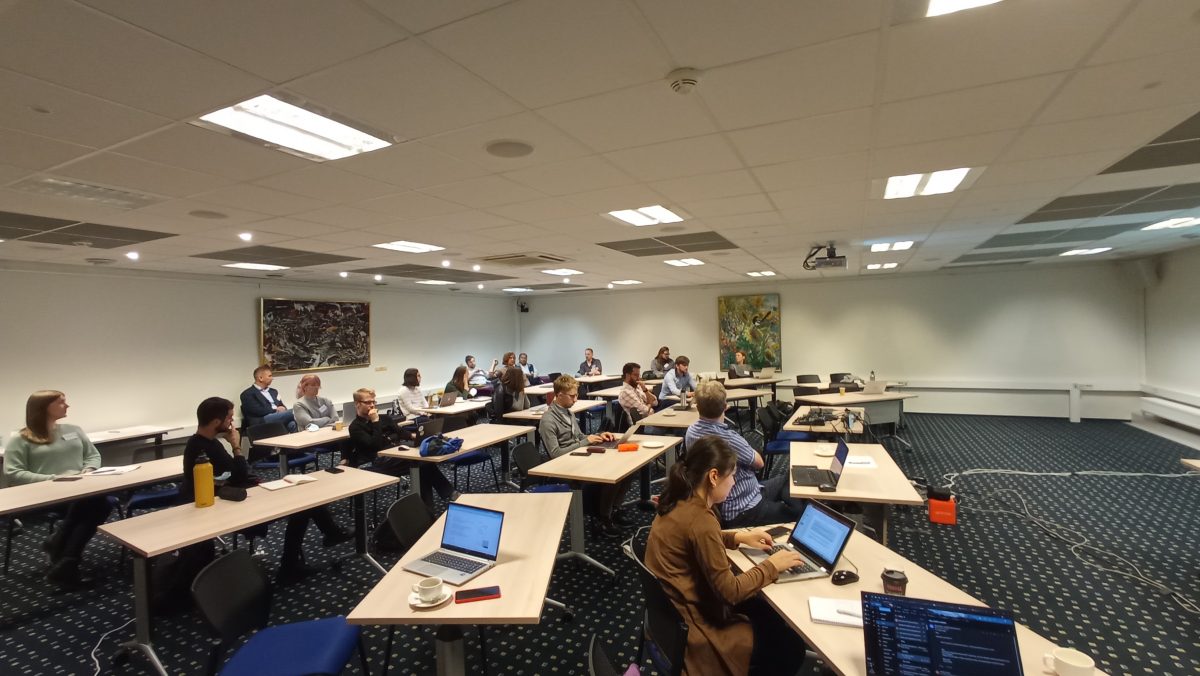Digital Methods in Humanities and Social Sciences
The Baltic Summer School of Digital Humanities 2021: «Digital Methods in Humanities and Social Sciences» took place on 23-26 August 2021. It was organised in cooperation with the National Library of Estonia and the University of Tartu.
The target audience was students, researchers and specialists of digital tools in memory institutions. According to the times, the Summer School was in hybrid form – both online and on site. It was attended by 204 students, researchers and specialists.
Keynote lecture: Mila Oiva – Uncovering the Formation of Fake History Narratives
Moderator Mariann Proos, August 24th @09:30.
Keynote lecture: Jonas Nölle – Virtual Reality: A new tool for studying human behaviour in the lab
Moderator: Andres Karjus, August 25th @09:30
Dong Nguyen – NLP for robust and reliable measurements
Moderator Artjoms Šeļa, August 26th @09:30
Linda Freienthal – The KRATT at NLE – how did we do it
August 26th @14:00
The Summer School offered the opportunity to get acquainted with new methods from specialists in the field and to think about various digital technological possibilities. The contacts and ideas created during the summer school will hopefully become fertile ground for new digital technology applications in humanities, social sciences and digital archives.
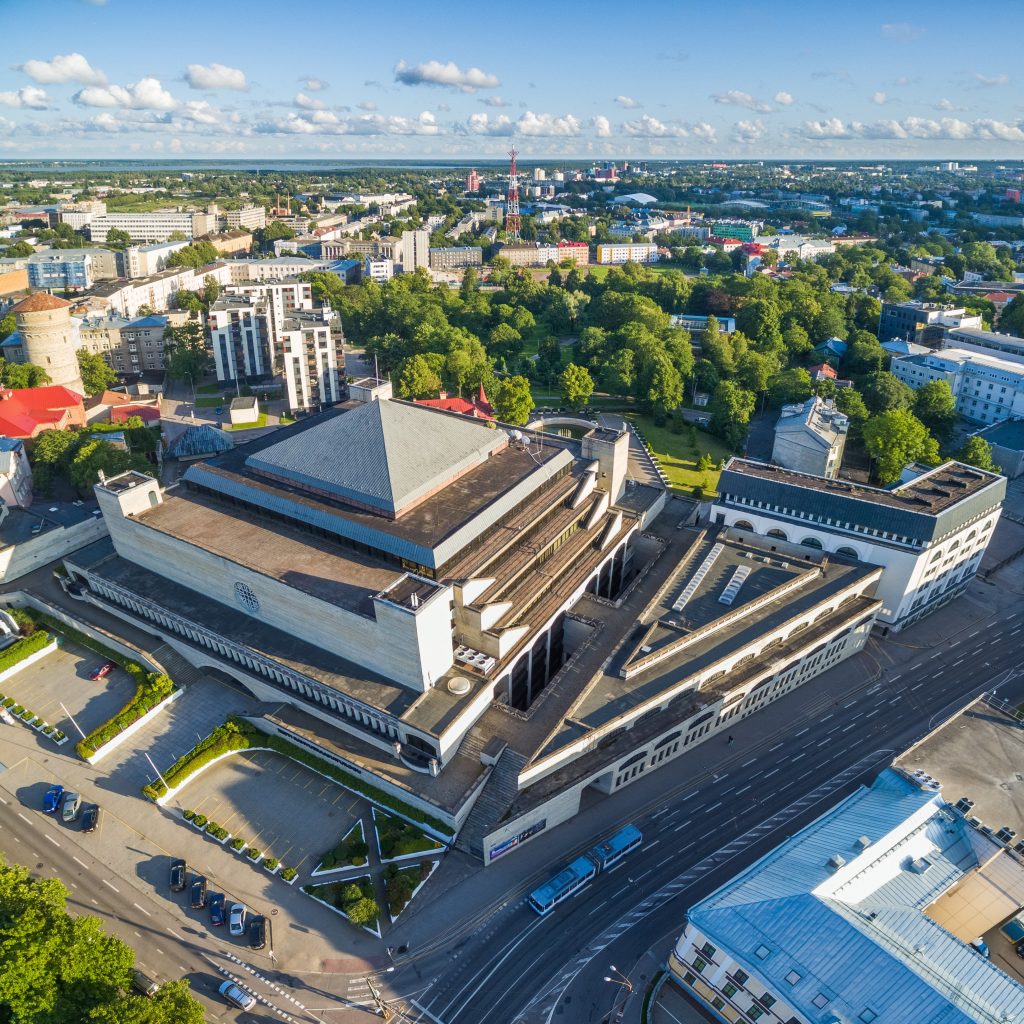
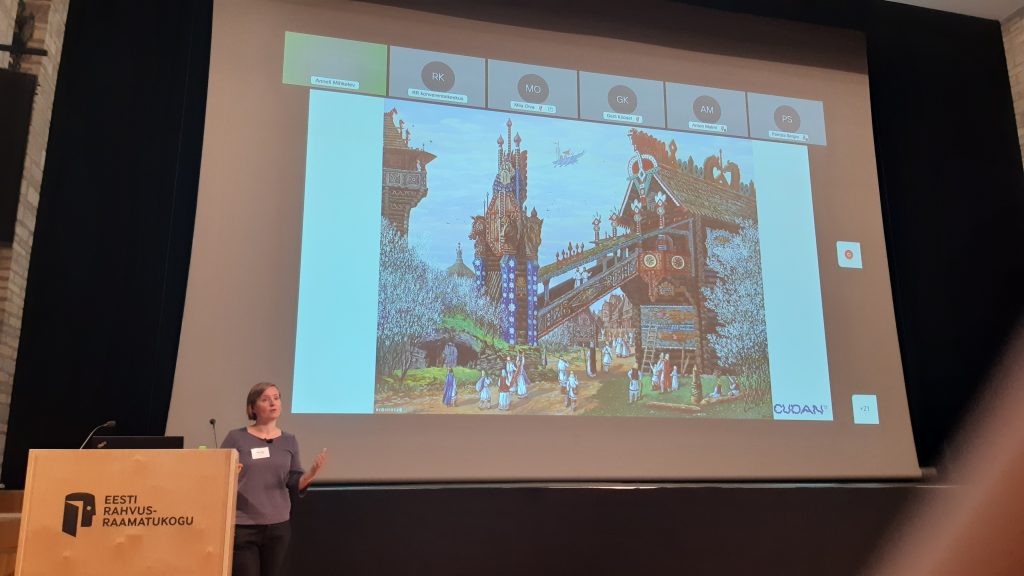
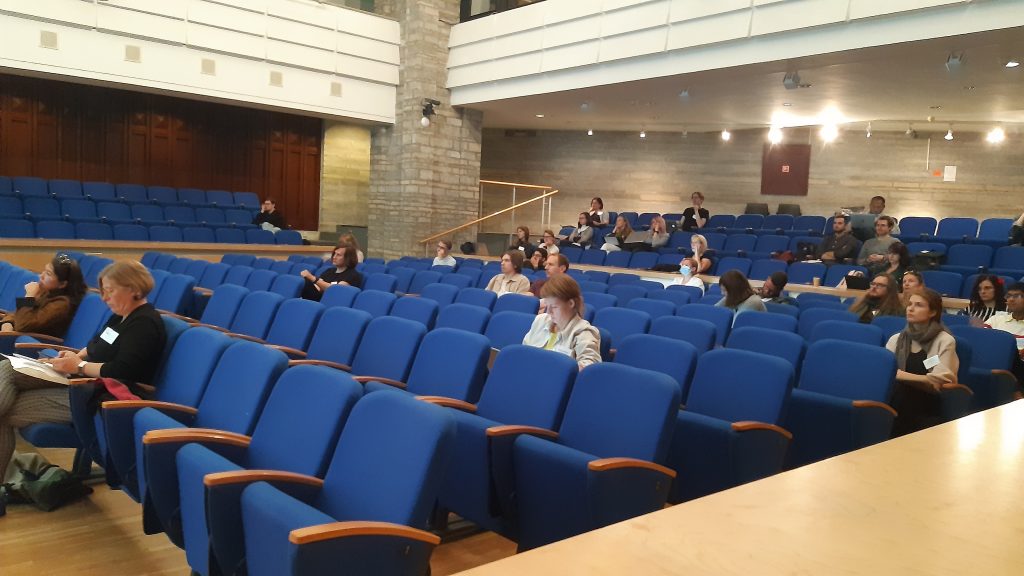
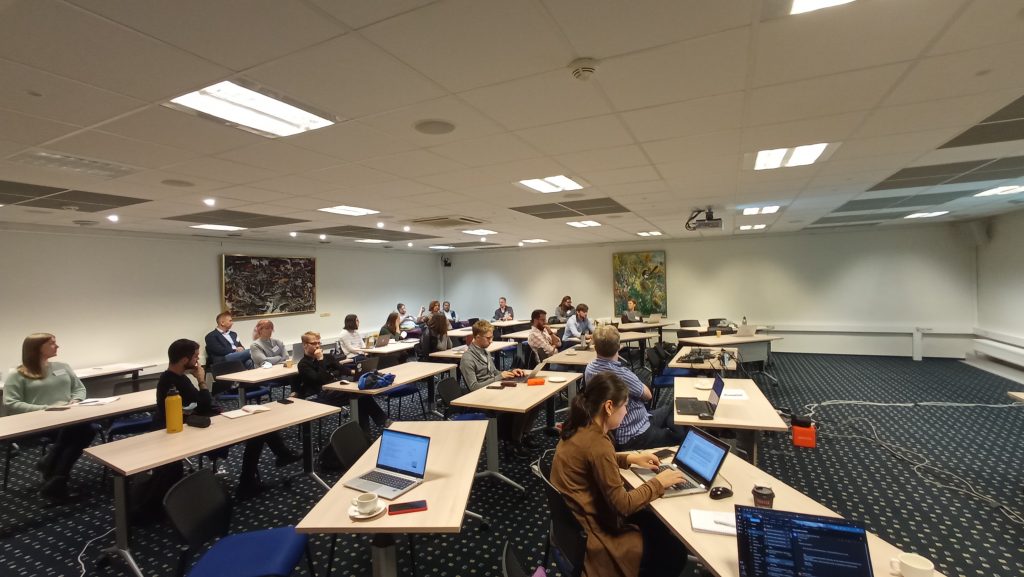
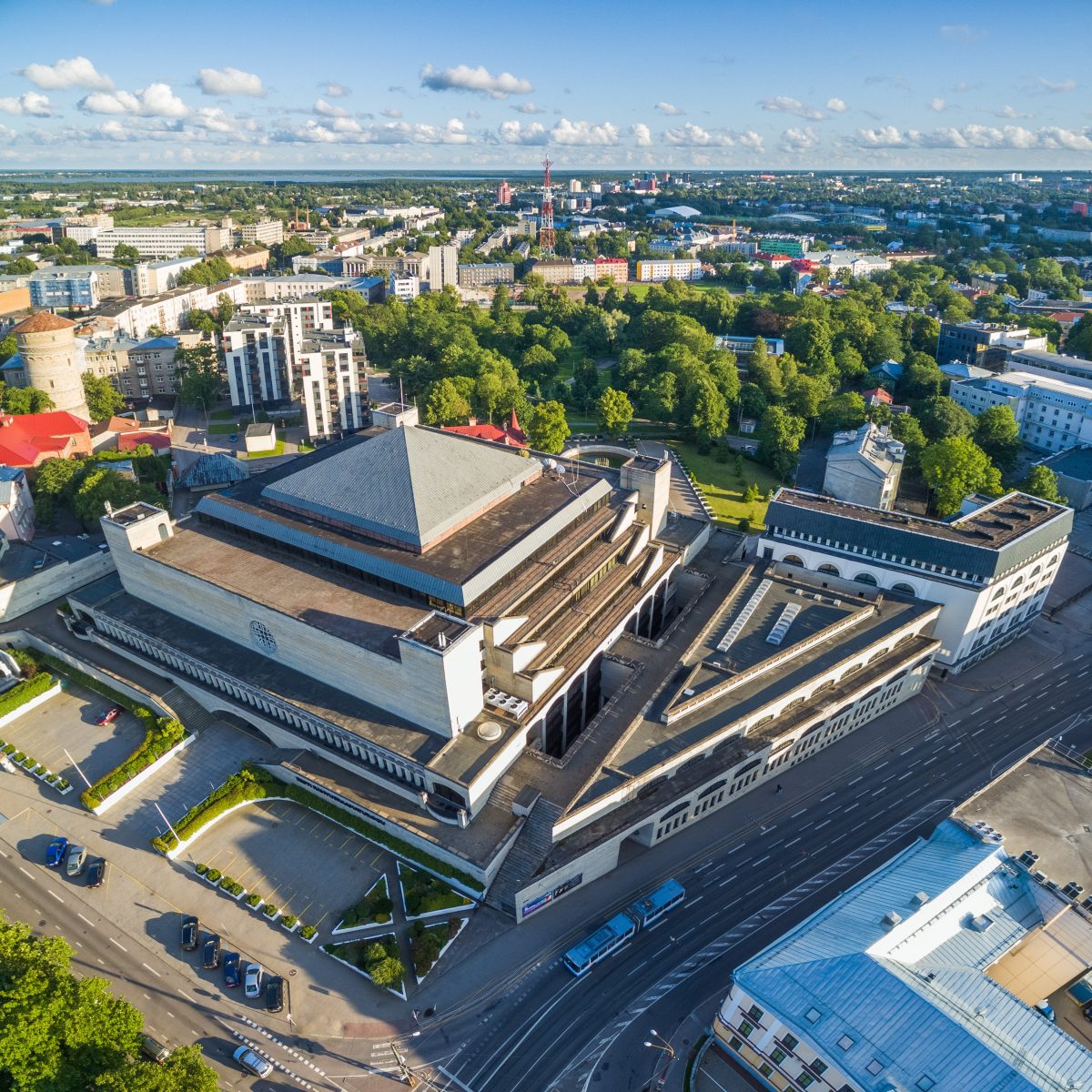
On Aug 23-26, as part of the activities in the Open Digital Libraries project, the National Library of Estonia, in collaboration with Centre for Digital Humanities and Information Society at University of Tartu, is organizing a summer school for graduate students. The summer school gathers graduate students and GLAM professionals across the Baltic States to learn ways to apply innovative digital methods to their work in research or organization. The summer school follows the earlier events of the Baltic Summer School of Digital Humanities and Digital Methods in Humanities and Social Sciences.
The summer school will provide an introduction to data analysis and methodological principles for working with (digital) data in humanities and social sciences. It will include nine parallel workshops in three days and one additional day for students to discuss their own projects. Topics to be discussed: text-driven automated indexing, computational data harmonization, social media analysis, Bayesian statistics, data processing and visualization and natural language processing.
The summer school also features four keynote lectures from noted experts from Europe who discuss their own work. The speakers Richard McElreath, Mila Oiva, Jonas Nölle, and Dong Nguyen will discuss the use of digital methods in cross-cultural research, the spread of online pseudohistorical narratives, the use of virtual reality for scientific experiments and the use of natural language processing in digital humanities.
The summer school is designed to take place in hybrid form, with participation available fully online, but the workshops taking place also on site at the National Library of Estonia.


